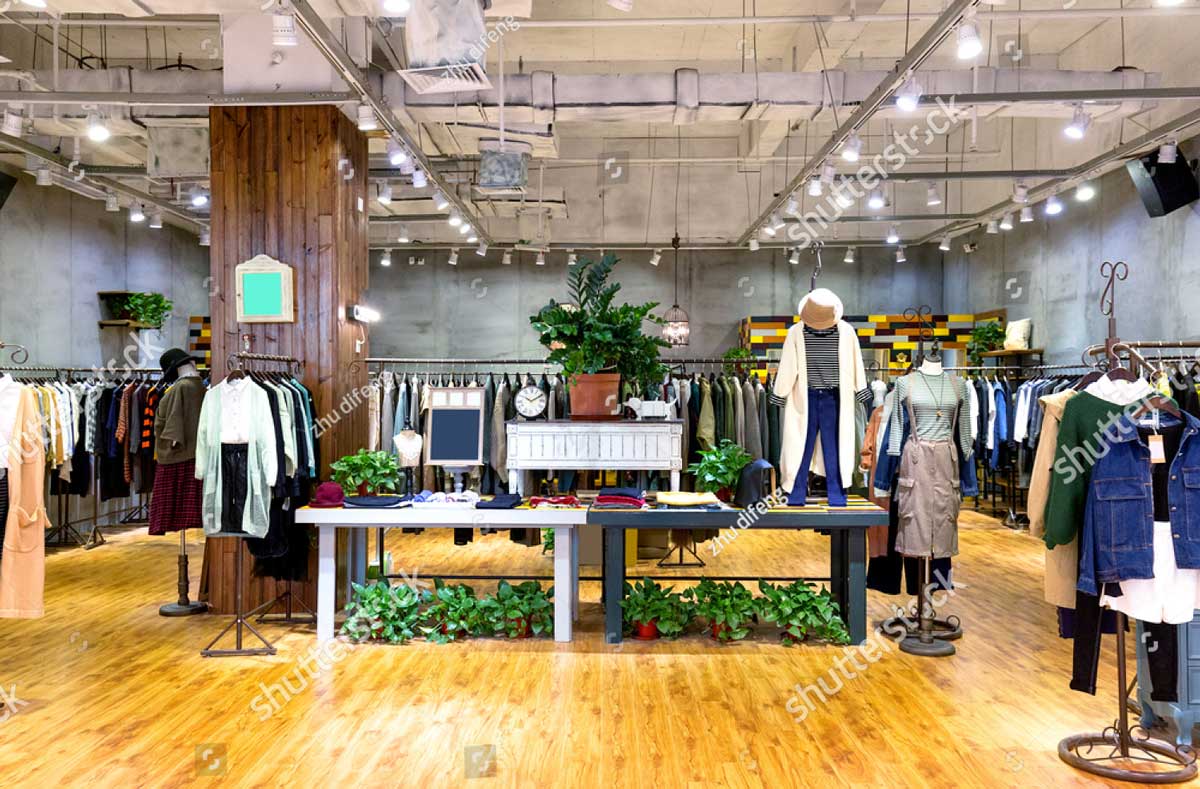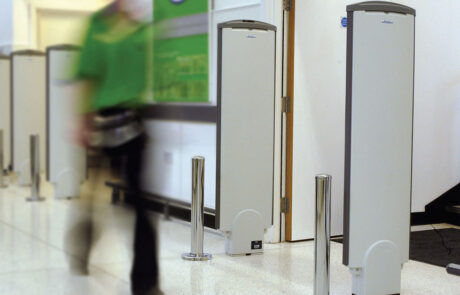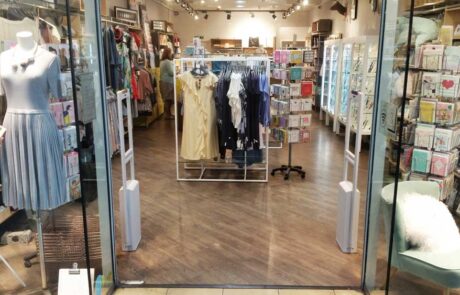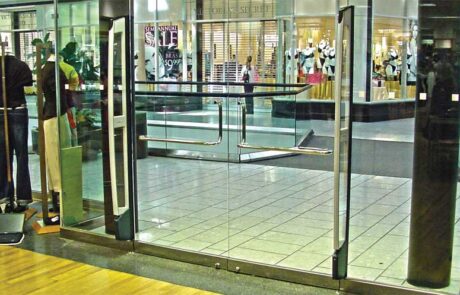
What’s the Reason for Theft in Supermarkets?
During a cost of living crisis, theft in supermarkets can be driven by a combination of desperate individuals stealing low-cost food and essential goods out of necessity and professional thieves targeting high-value items for profit. The increasing prices of everyday items, such as food and household essentials, can push some individuals to steal to meet their basic needs. These individuals may be facing financial hardship, struggling to make ends meet, and unable to afford the rising cost of living. As a result, they turn to theft to obtain essential items without having to pay for them.
On the other hand, professional thieves see the cost-of-living crisis as an opportunity to target high-value items that can bring in a significant profit. They may carefully plan and execute thefts, specifically focusing on expensive products that are in high demand. These thieves are well-versed in retail security measures and may use tactics such as diversion, concealing stolen items, or exploiting vulnerabilities in the store's security system. Targeting high-value items aims to bypass the difficulties they may face in reselling stolen low-cost goods or perishable items.
The cost-of-living crisis can exacerbate theft rates in supermarkets as both desperate individuals and professional thieves seek to alleviate the financial pressures they face. To effectively address theft in supermarkets during a cost-of-living crisis, retailers need to implement robust security measures and strategies that address the immediate needs of those facing desperate circumstances and the challenges posed by professional thieves. This may involve implementing additional security tags, increasing staff presence, and training employees to identify and address suspicious activities. Ultimately, a comprehensive approach is necessary to ensure the security of products and the well-being of retailers and consumers during these challenging times.
Top 10 most common stolen items from UK stores
Supermarket theft is a prevalent issue that poses a significant challenge for retailers, especially during a cost-of-living crisis. Shoplifters target a wide range of products, but some items are particularly prone to theft. Here are the top 10 most common stolen items from supermarkets:
1. Packed meat: Packed meat, such as steaks, chicken breasts, and bacon, are attractive targets due to their high value and demand. Shoplifters often steal meat for personal consumption or resale, as it can be easily concealed and has a good resale value.
2. Razor blades: Razor blades are small, expensive, and easy to conceal, making them a popular choice among shoplifters. These high-value items are often targeted for personal use or reselling purposes.
3. Alcohol: Alcohol, including spirits, wine, and beer, is commonly stolen due to its high value and popularity. Thieves may steal alcohol for personal consumption or sell it on the black market, which can fetch a high price.
4. Beauty cosmetics: High-end beauty cosmetics, such as makeup, skincare products, and perfumes, are frequently targeted. These items have a high resale value and are easily concealed, making them attractive to shoplifters.
5. Cheese: Cheese, particularly gourmet and speciality varieties, is a sought-after item among thieves. It is compact, valuable, and easily resold.
6. Baby formula: Baby formula is a valuable and essential item that can be easily sold for a profit. Thieves target it due to its high cost and consistent demand.
7. Chocolates and confectionery: Small, easily concealable items like chocolates and confectionery are frequently targeted due to their popularity and affordability. These items are often stolen for personal use or resale.
8. Coffee: Coffee, especially premium brands and small packages, is a common target due to its high value and popularity. It can be easily resold or consumed by the shoplifter.
9. Cigarettes: Cigarettes are a highly targeted item due to their high cost and addictive nature. Thieves often steal them for personal use or to sell them at reduced prices.
10. Electrical goods: Higher-end electrical goods, such as headphones, phone chargers, and electronic accessories, are often targeted by shoplifters. These items have a high resale value and are easily hidden.
Tips to preventing theft in your supermarket or retail store
To prevent theft in supermarkets during a cost-of-living crisis, retailers can employ various measures to safeguard their products and minimise losses. One effective strategy is the use of Electronic Article Surveillance (EAS) detection systems. These systems rely on security tags attached to merchandise, which trigger an alarm if not properly deactivated at the point of sale. This serves as a deterrent to potential thieves, as it increases the risk of being caught.
Another effective method of preventing theft is using security tagging. Retailers can attach security tags to high-value items like electronics or luxury goods. These tags set off an alarm if they pass through the store's exits without being deactivated. This acts as a deterrent for potential thieves and makes it easier to identify and apprehend shoplifters.
Having dedicated security personnel on-site can also greatly enhance retail security. These individuals can actively monitor the store, identify suspicious activity, and provide a visible presence that discourages theft. They can also cooperate with the local authorities in the event of a theft, ensuring a swift resolution.
Providing comprehensive training to staff members is another crucial aspect of preventing theft. Staff should be educated on how to identify and prevent shoplifting and on the proper use of security measures such as EAS detection systems and security tags. Well-trained employees who are vigilant and actively engaged in maintaining retail security can greatly reduce the likelihood of theft occurring.
By implementing these security measures, retailers can significantly reduce the risk of theft and protect their inventory during a cost-of-living crisis. This helps preserve profit margins and maintains customer trust and confidence in the supermarket as a safe place to shop.
What does the future look like for UK retailers?
The cost-of-living crisis has undoubtedly significantly impacted the retail sector, with retailers and consumers alike feeling the strain. As the cost of essentials such as food and energy continues to rise, consumers are finding themselves with reduced spending power, forcing them to make tough choices about where their money goes.
Temporary inflation, geopolitical tensions affecting supply chains, and high commodity prices have all contributed to this challenging retail environment. With the cost of raw materials increasing, retailers have had to make difficult decisions about whether to absorb these costs or pass them on to the consumer. This means that everyday items and household essentials have become more expensive, leaving consumers with less disposable income to spend on non-essential items.
In response to these changing conditions, retailers must adapt their strategies to meet shifting consumer habits. This includes offering sustainable and durable products that provide value for money in the long term. Consumers are becoming more conscious of their purchases and are looking for items that will stand the test of time rather than disposable or fast fashion products.
Furthermore, retailers must address concerns about cost and quality. Consumers want to feel confident that they are getting the best value for their money and may be more hesitant to make impulse purchases or spend on luxury items. Retailers can instil this confidence by providing clear pricing information, transparent supply chains, and quality products that meet consumer expectations.
Overall, the outlook for retailers amidst the cost-of-living crisis is challenging. However, by adapting to shifting consumer habits, offering sustainable and durable products, and addressing concerns about cost and quality, retailers can navigate these uncertain times and continue to meet the needs of their customers.
These articles may also interest you:
Unlocking the Benefits of Synergy Concealed Door Systems
Protect your store products with JKI Distribution
In this challenging retail environment, where the cost-of-living crisis and rising retail crime pose significant threats to businesses, retailers must prioritise the security of their store products. JKI Distribution offers a range of retail security solutions that can help protect your valuable inventory and mitigate the risks associated with theft in supermarkets.
One of the key solutions provided by JKI Distribution is our magnetic release tags. These tags are designed to attach to products in a way that makes them difficult to remove without the use of a specialised magnetic detacher. By implementing these tags on high-value items, retailers can deter potential thieves and significantly reduce the likelihood of theft.
In addition to magnetic release tags, JKI Distribution also offers tag detection systems. These systems utilise advanced technology to detect tags that have not been properly deactivated or removed by store staff. This ensures that any attempt to steal tagged items will be immediately detected, allowing store personnel to intervene and prevent the theft from occurring.
Security labels are another effective solution offered by JKI Distribution. These labels are discreetly applied to products and contain a unique code that security scanners can detect at store exits. If a product with a security label is taken without proper authorisation, the alarm will sound, alerting store staff and deterring further theft.
In the current cost-of-living crisis, where both the financial pressure on consumers and the prevalence of retail crime are increasing, it is crucial for retailers to invest in effective security measures. By partnering with JKI Distribution and utilising our retail security solutions, you can safeguard your store products and reduce the risk of theft, ultimately protecting your bottom line. Don't let your valuable inventory fall victim to theft – choose JKI Distribution for comprehensive and reliable retail security.




